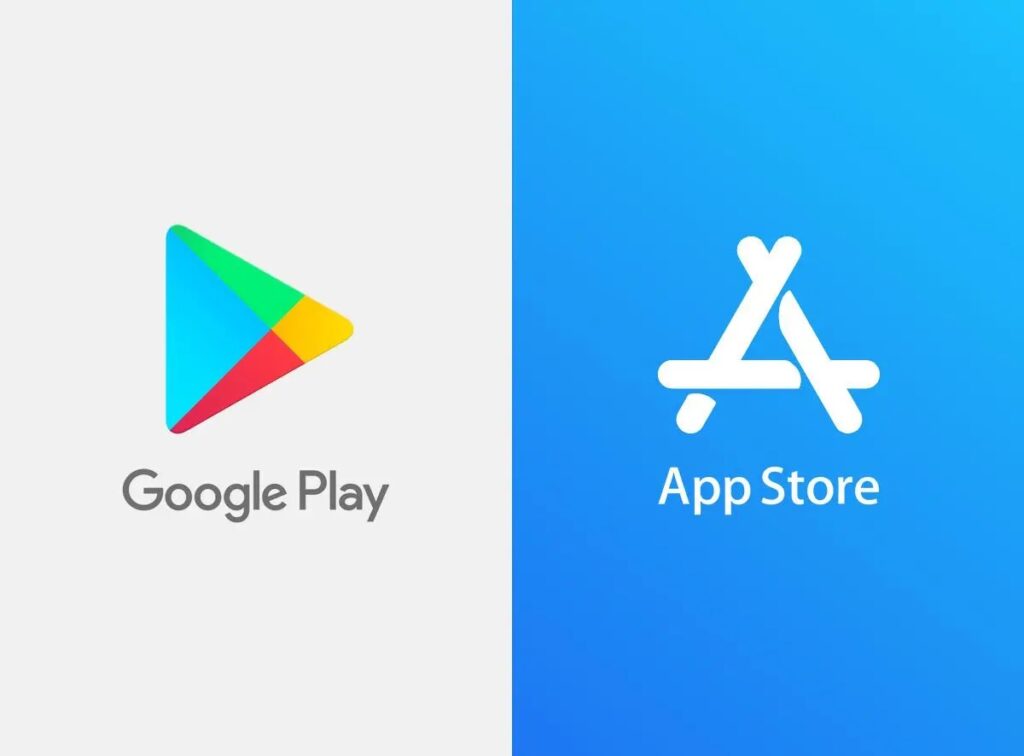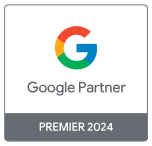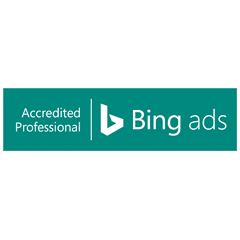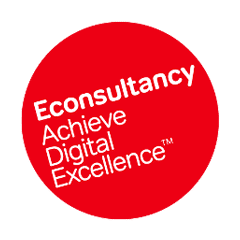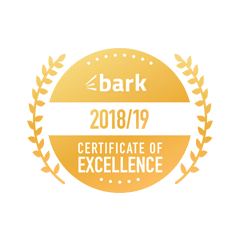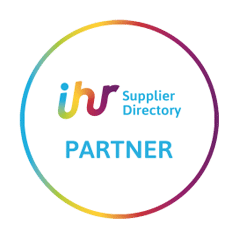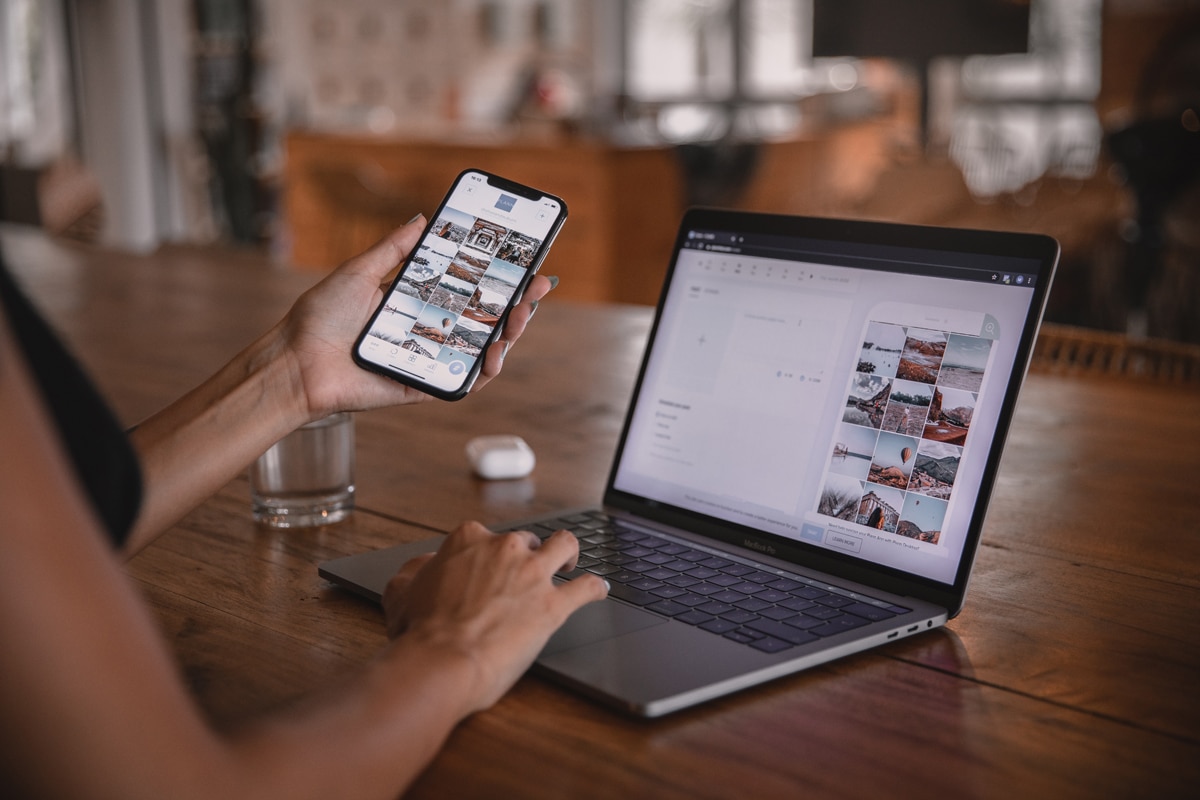
How An App Store Optimisation Agency Delivers Growth
Much like its counterpart for websites, ASO is the secret sauce that can propel your app to the top of app store search results. But how you ask?
Hey there, it’s Jon from Ality. Nestled in the bustling heart of London, our agency has been a front-runner in the ever-evolving digital marketing world.
Now, I’m sure you’ve heard about SEO for websites, but have you delved deep into the world of App Store Optimization (ASO)?
Before We Begin - Look At App Store Stats
While browsing through some data on Statista, I stumbled upon the following facts. As of the end of Q1 in 2022, there were 3.3 million apps just sitting in the Google Play Store. And Apple’s App Store? They had over 2.1 million. If you do the maths, that’s a whopping 5.4 million apps in the two giants of app stores! With such a crowded space, you can imagine how tough it is to keep an app high on those rankings.
Now, I’ve always focused on growing user bases and getting those precious organic downloads – after all, they’re key metrics for us app enthusiasts. From my experience, you have two main routes to get those downloads.
1. You can go the paid way (PPC), launching app campaigns with a specific cost-per-install (CPI).
2. Two, and this is where it gets interesting, you can tweak, tune and by improving your app for organic traffic by diving deep into ASO best practices.
I’ve always believed in blending both tactics for the growth of an app. In fact, seasoned app marketers often use them hand in hand to create significant traction. But, let me be honest, diving into paid advertising, whilst getting instant results, will require good levels of investment, and it can feel a bit daunting when you’re just stepping into the app world. While ASO isn’t without its costs, mastering it is absolutely crucial for the long-haul success of your app, which is the same that can be said for SEO.
Now, there’s a myriad of objectives when it comes to ASO, but if you ask me, the heart of it is all about boosting those download numbers and nurturing a community of dedicated users.
Let’s Look At Apple App Store & Google Play Store Ranking Factors
The world of mobile apps is dominated by two giants: Apple’s App Store and Google’s Play Store. While both platforms serve the primary purpose of offering apps to their respective user bases, the factors determining an app’s ranking differ. It’s essential to understand these differences, especially if you aim to optimize your app for both platforms.
Apple App Store Ranking Factors:
– Title and Subtitle: The name of your app and its subtitle has a significant impact. The key is to incorporate relevant keywords without stuffing.
– Keywords: Apple provides a dedicated 100-character field for keywords. This field helps in determining which search terms your app will show up for.
– Total Number of Downloads: Apps with a higher number of downloads generally rank higher, as it indicates the app’s popularity.
– Download Consistency: How consistently your app is downloaded over time can influence its ranking.
– Ratings and Reviews: Not just the number, but the quality of ratings and reviews play a role in determining an app’s ranking.
– Retention Rates: How often users open and engage with your app post-download.
– In-app Purchases: How often users make in-app purchases can also influence rankings.
Google Play Store Ranking Factors:
– Title and Description: The title is crucial, but Google Play Store also considers the app’s description. This means keywords used naturally within your app’s description can help in its ranking.
– Total Number of Downloads: Just like Apple’s App Store, more downloads indicate a more popular app.
– Download Consistency: Regular download patterns over time positively affect an app’s ranking.
– Ratings and Reviews: Both the number and the quality are crucial.
– Retention Rates: Regular user engagement post-download is a significant factor.
– Backlinks: Unlike Apple, Google considers backlinks to your app’s page on the Play Store. The quality and relevance of these backlinks matter.
– In-app Purchases: The frequency of in-app purchases plays a role here as well.
Metadata Differences:
– Apple App Store: App Name (30 characters), Subtitle (30 characters), Keywords Field (100 characters), Promotional Text (170 characters)
– Google Play Store: App Title (50 characters), Short Description (80 characters), Full Description (4,000 characters)
With Google Play Store, it’s crucial to leverage that 4,000 characters for your full description, full optimization will ensure you have the best chance of ranking for multiple keywords, including longtail phases, used more often in voice search.
In conclusion, while there are some similarities in the ranking factors between the Apple App Store and Google Play Store, the subtle differences can greatly affect an app’s visibility. Tailoring your app optimization strategy to each store’s unique algorithms and metadata requirements is the key to successful app store optimisation.
The Importance of Traditional SEO in Driving Traffic and Backlinks to Your App
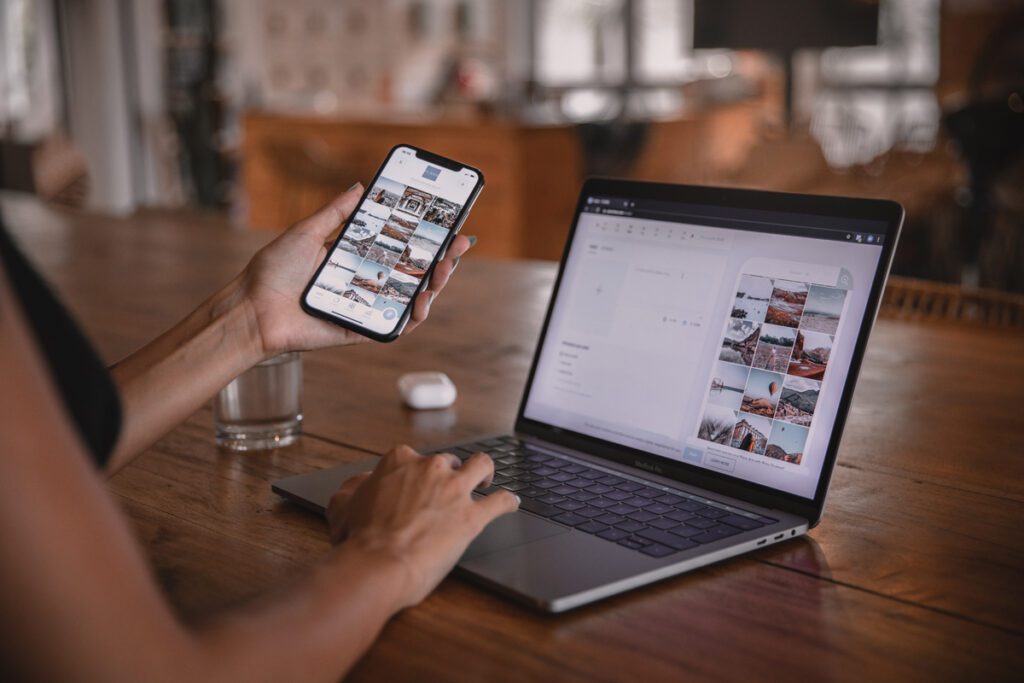
The realm of mobile apps might feel somewhat detached from the world of traditional websites, but in reality, they’re more intertwined than you might think. Traditional SEO (search engine optimization), typically associated with optimizing websites for search engines like Google, holds significant potential when it comes to boosting visibility for mobile apps. Let’s explore how.
1. Landing Pages for Your App
By creating a dedicated website or landing page for your app, you provide a platform that can be optimized for search engines. Such a website can provide detailed information about the app, user testimonials, how-to guides, and more. When this page ranks in search results, it can lead potential users directly to download your app.
2. Backlinks as Trust Signals
High-quality backlinks from authoritative websites serve as endorsements. In the SEO world, they’ve always been essential trust signals for search engines. An app with numerous high-quality backlinks pointing to its landing page or directly to its listing in an app store can indirectly influence its visibility and trustworthiness.
3. Content Marketing & Brand Awareness
By employing traditional content marketing strategies, like blogging about topics relevant to your app’s function or the problem it solves, you can drive organic traffic. As more people learn about your app through these content pieces, there’s a higher chance they’ll become users. Furthermore, they might also share the content, generating backlinks and further enhancing SEO efforts.
4. Enhanced User Experience and Trust
SEO isn’t just about keywords and backlinks. It focuses heavily on user experience – ensuring fast load times, a mobile-friendly design, and providing valuable content. A well-optimized app website can make potential users more confident about the legitimacy and quality of your app.
5. Keyword Insights
Traditional SEO involves thorough keyword research and keyword optimization. By understanding what terms potential users type into search engines, you can align your app’s marketing strategy, content, and even its app store listing to match these queries. This can result in higher organic visibility both on search engines and within app stores.
6. Reinforce App Store Optimization (ASO Services)
There’s a synergy between SEO and ASO strategy. For example, if you’ve discovered that a particular keyword is driving significant traffic to your app’s landing page, you might consider optimizing your app store listing around that same keyword.
7. Increased Reviews and Ratings
Positive reviews and ratings play a critical role in an app’s ranking within app stores. By driving traffic to your app through traditional SEO, you inherently increase the chances of garnering more reviews and ratings.
While app stores are the primary discovery platforms for apps, overlooking the power of traditional SEO would be a misstep. Integrating SEO strategies not only enhances an app’s visibility on the web but can also create a ripple effect, boosting its presence within app stores. In today’s competitive digital landscape, leveraging every possible channel is the key to widespread visibility and success.
App Ratings and Reviews: Their Significance and Impact
In the digital ecosystem of mobile apps, ratings and reviews play a pivotal role. They’re not just reflections of user sentiments but have far-reaching implications on an app’s visibility, credibility, and user acquisition. Let’s delve into the importance and impact of app ratings and reviews.
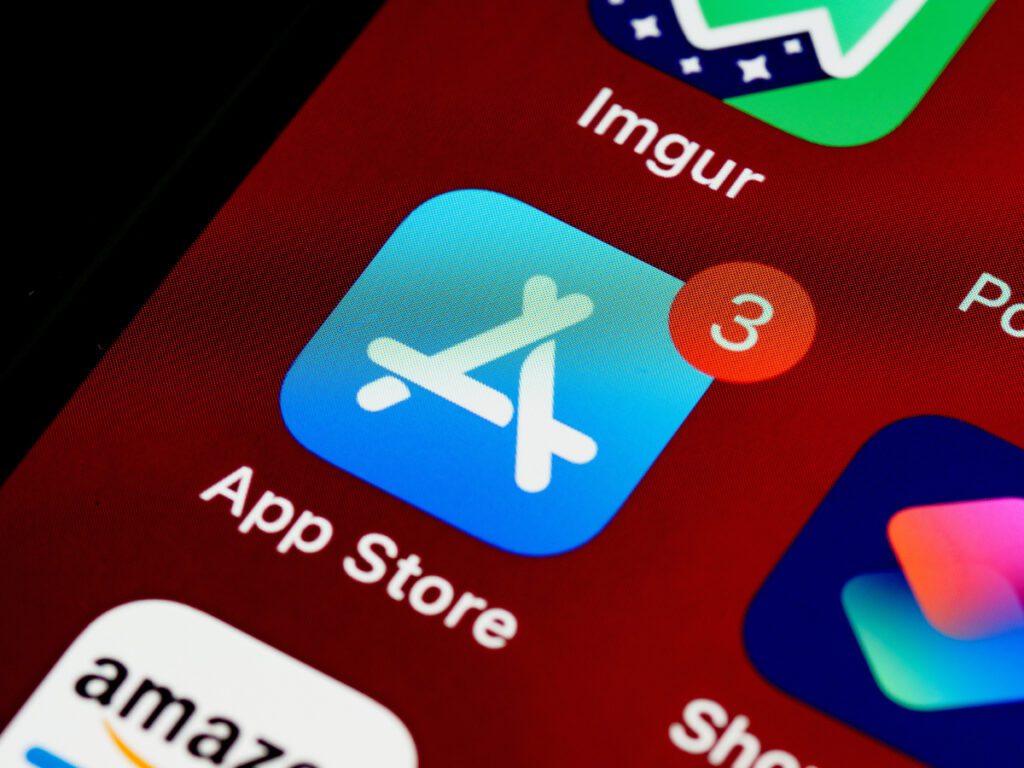
1. Visibility in App Stores
Ranking Factor: Both the Apple App Store and Google Play Store consider ratings and reviews as essential ranking factors. Apps with higher ratings are more likely to be placed prominently in search results and category listings.
Discoverability: Users often sort app search results based on ratings, meaning apps with higher ratings are more likely to get noticed and downloaded.
2. Credibility and Trustworthiness
A high average rating (typically 4 stars and above) instantly lends credibility to an app. New users are more likely to trust and download an app with high ratings, especially when it competes with lower-rated alternatives.
Genuine, positive reviews can provide potential users with insights into the app’s best features, reliability, and user-friendliness.
3. User Feedback and Improvement
Reviews often contain valuable feedback. Developers can glean insights into what users love, what issues they face, and what features they desire.
Addressing negative reviews by fixing bugs or adding requested features and then responding to the reviewers can showcase an active and caring development team. This can turn disgruntled users into loyal fans and even brand advocates.
4. Conversion Rates
For users on the fence about downloading an app, especially if it’s a paid one, ratings and reviews can be the deciding factor. A slew of positive reviews can significantly increase the conversion rate of app page visits to actual downloads.
5. Influencing User Perception
First impressions matter. When potential users see an app with a high rating and positive reviews, they immediately form a positive perception, even before downloading or using the app.
Conversely, an app with low ratings can deter potential users, no matter how good its features might be.
6. Word of Mouth & Virality
Stellar reviews can lead to organic word-of-mouth promotion. A user who reads about another’s great experience might recommend the app to friends, family, or colleagues, amplifying its reach.
Apps that receive consistent praise in reviews are more likely to be shared on social media platforms, blogs, and forums, driving further visibility and downloads.
7. Developer Reputation
For developers or companies with multiple apps, ratings and reviews can influence their overall reputation in the app ecosystem. Consistently high ratings across various apps can establish them as reliable and trustworthy developers in the eyes of users.
Ratings and reviews are the pulse of an app’s health in the market. They not only influence discoverability and downloads but also guide developers in enhancing app quality and user experience. For any app aiming for long-term success, nurturing positive ratings and attentively addressing reviews is paramount.
Working with the right App Store Optimization Agency

At Ality we have all the ASO tools and resources to maximise your visibility, we provide app store optimization services alongside traditional SEO, which when combined with PPC Advertising and Display Advertising is the ultimate blend of channels that will exponentially grow your app business.
If this is something you are interested in discussing, just get in touch and let’s schedule a meeting. Thanks, Jon

